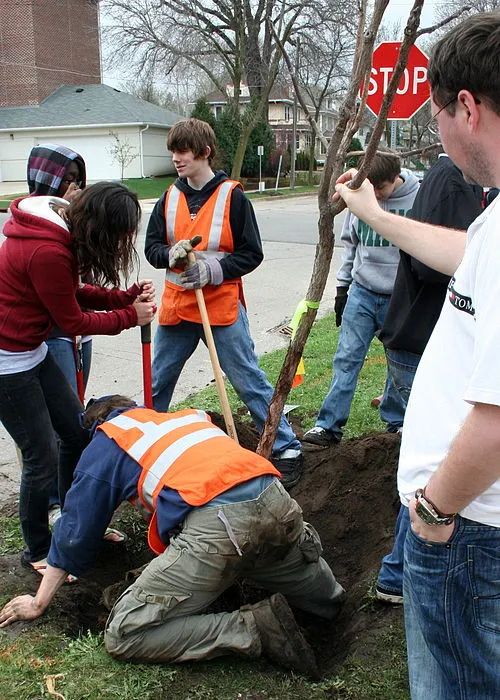
Celebrating the Day of the German-speaking Community of Belgium
The Day of the German-speaking Community of Belgium is a significant occasion that highlights the unique culture, traditions, and history of the German-speaking population in this small yet vibrant community. Celebrated annually on September 15th, this day serves as a reminder of the importance of linguistic diversity and the rich heritage that the German-speaking community has contributed to Belgium.
Historical Background
The German-speaking Community of Belgium was established as a separate entity within the country after World War I, when parts of the Eupen-Malmedy region were annexed by Belgium from Germany. Today, it comprises around 77,000 residents, primarily residing in the eastern part of the country, bordering Germany. The community was officially recognized in the 1980s, granting it the status to promote and preserve the German language and culture.
Significance of the Celebration
The Day of the German-speaking Community is not only a celebration of cultural heritage but also an opportunity to foster inclusivity and understanding among different linguistic groups in Belgium. Events organized on this day include cultural exhibitions, music performances, and activities for families, showcasing the vibrancy of the German-speaking culture.
Activities and Events
Throughout the day, various events are organized to engage the community, including:
- Cultural Exhibitions: Displaying traditional art, crafts, and historical artifacts that represent the German-speaking legacy in Belgium.
- Live Music Performances: Local bands and artists perform both contemporary and traditional German music, creating a festive atmosphere for attendees.
- Culinary Experiences: Food stalls offer a taste of traditional German and regional dishes, allowing visitors to experience the flavors of the culture.
- Community Activities: Games and workshops for children and families promote interaction and foster a sense of community.
The Importance of Linguistic Diversity
Linguistic diversity is an essential aspect of Belgium's identity. The German-speaking community, while small, plays a vital role in enriching the cultural mosaic of the nation. Promoting the German language and culture helps to bridge divides and fosters harmony among different linguistic groups in Belgium, contributing to a more cohesive society.
How to Participate
Those wishing to join in the celebrations are encouraged to participate in local events or visit the German-speaking areas of Belgium, particularly Eupen and Malmedy. It’s a wonderful opportunity to learn about the culture, meet the locals, and enjoy the festivities.
Conclusion
The Day of the German-speaking Community of Belgium provides a unique platform for celebrating identity, heritage, and linguistic diversity. It reminds us of the cultural richness that exists within Belgium and the importance of preserving and promoting all languages and cultures. Whether you are a resident or a visitor, participating in this celebration is a meaningful way to appreciate the contributions of the German-speaking community to the nation’s cultural landscape.






